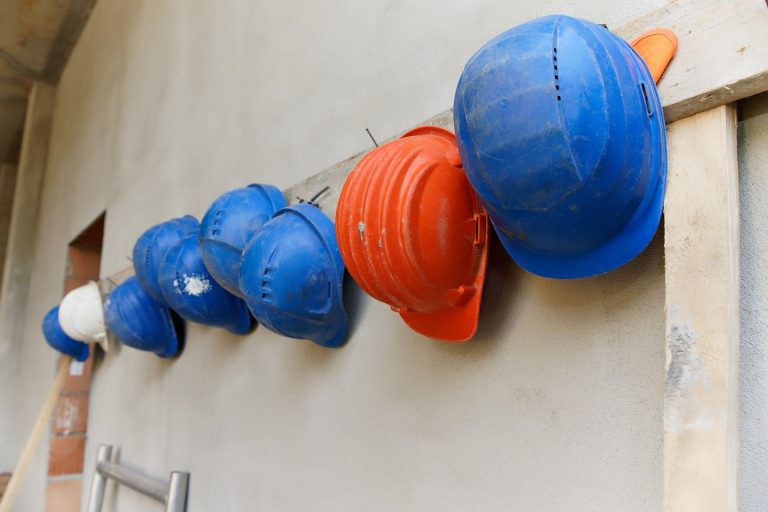It has now been over eight weeks since restrictions on movement in the UK were put in place. Here we explore what effect these restrictions have had on the Construction and Engineering industry, and how it might influence how we work in the future. On 30th March, The Secretary of State for Business, Energy, and Industrial Strategy, issued a letter to everyone in the UK construction sector. It detailed that, while those who could work from home should, construction workers were ‘advised’ to continue to travel to their place of work – where safe to do so. If only it had been that easy… With supply chains up and down the country unable to source materials from overseas, building sites were forced to shut down, with some evidence suggesting that over 85% of construction businesses have been impacted. For those sites that have remained open, significant modifications have had to be implemented to ensure safe working practices on site. More recently, industry leaders and the government have formed a taskforce to develop sensible Site Operating procedures to provide guidance. On a number of schemes, both those under construction and those still at the planning stage, architects, civil and structural engineers are having to go back to the drawing board and redesign plans to reflect the current shortage of materials and blockages in the supply chain. With social distancing becoming the new normal, consideration now has to be given to the redesigning concepts, to minimise site construction, with more emphasis on off-site construction. Gemma Cattell from East Northamptonshire Council has spoken about how the council has adapted to the new conditions “Building Control at ENC is still open for business, although we have had to modify some practices to ensure that everyone adheres to social distancing rules during inspections and all inspections are risk assessed before a visit is made to ensure that no one is placed at risk. The Structural Auditing Survey team at JMS, supports some of the largest companies in the world, such as aggregate supplier Hanson. Business continuity for these sites is a priority and, whilst non-urgent surveys have been rescheduled, ‘absolutely essential’ surveys still need to be undertaken on active sites. In these cases, JMS has liaised with the client to identify the best course of action. As the UK starts looking ahead to opening businesses, many in the industry believe that social distancing will remain a daily practice, at least for the remainder of the year. The industry needs to be prepared and employee ‘monitoring’ may have to become compulsory within this sector. Meanwhile, in the US, trials are underway with construction workers wearing a device on their hard hats that sounds an alarm if anyone comes within 2 metres of another worker. It will also track ‘roadmap’ data, so should a construction worker be found to be infected with Covid-19, the data will trace who the worker has come into contact with while on site. Daniel Staines, Managing Director of JMS Civil and Structural Engineers commented “Although we did see a slowdown in appointments on new work at the beginning of the crisis, there has already been a noticeable bounce back and the cloud based systems that JMS has invested in over the past years has meant that we have been able to quickly adapt our working practices to match the work flow whilst maintaining the necessary social distancing and home-working requirements. This investment has allowed us to deliver a continuous, top quality service to our clients. Our number one priority will always be the safety of our staff and we have implemented robust measures, including site specific assessments for every site.” It remains to be seen how severe the long-term impact of COVID-19 will have on the industry, it certainly brings with it a lot of risk, however, there will also be opportunities and, unlike the recession of 2008, bankers are now financially robust, and the hope is that banks and lenders across the UK, with opportunities to invest, will become part of the solution.










